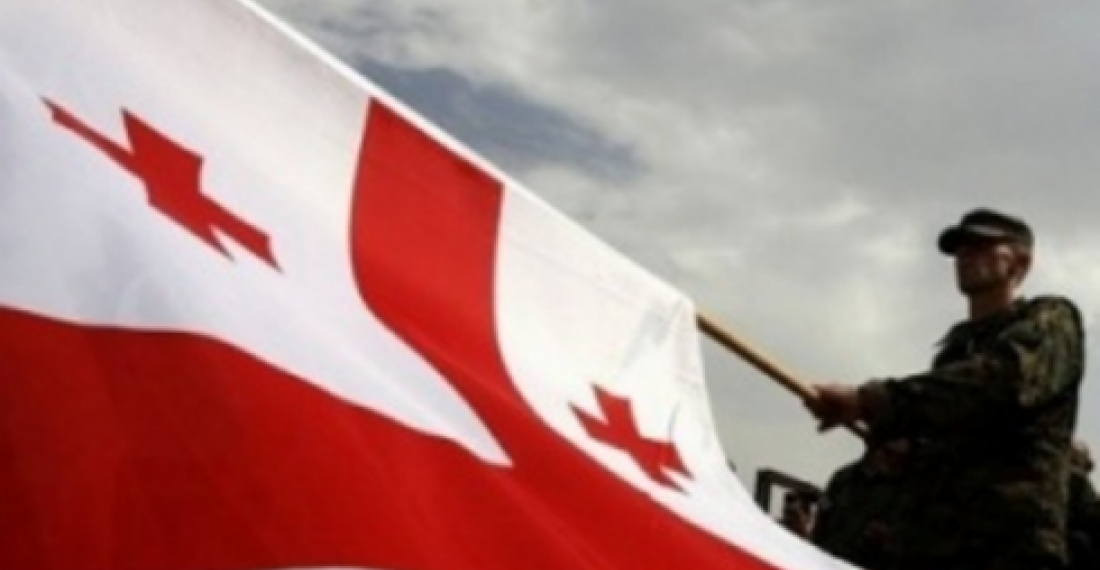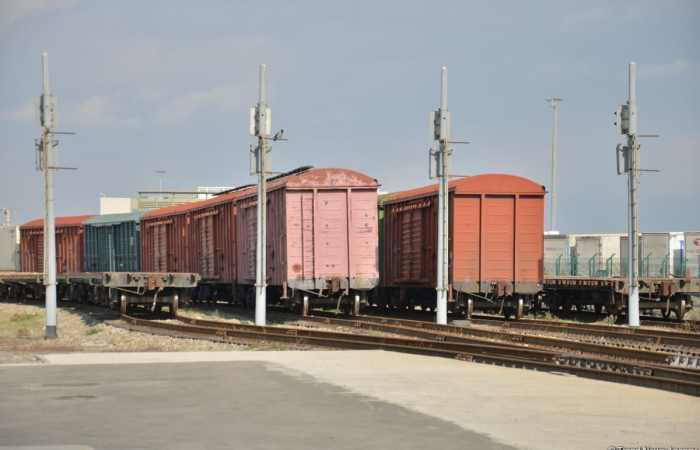Правительство Грузии объявило 16 мая днем национального траура. Страна прощается с тремя грузинскими солдатами, погибшими в результате теракта в провинции Гильменд в Афганистане, где они проходили службу в грузинском контингентк при международных силах ISAF. Флаги на мачтах всех общественных зданий будут приспущены, и сегодня позднее тела солдат будут репатриированы на родину.
Трое военнослужащих, младший сержант Звиад Давитадзе, капрал Александре Квицинадзе и капрал Владимир Шанава служили в 43-м батальоне легкой пехоты 4-й пехотной бригады Грузии.
Как ожидается, солдаты будут репатриированы в Грузию для захоронения сегодня.
Президент Грузии Михаил Саакашвили, премьер-министр Бидзина Иванишвили и министр обороны Ираклий Аласания все отдали дань уважения памяти павших солдат. Соболезнования также были получены от представителей правительств США и других зарубежных стран.
Двадцать семь других грузинских солдат получили ранения, во время атаки террориста-смертника, который на машине протаранил их базу в провинции Гильменд.
Источник: commonspace.eu
День траура в Грузии. Грузия прощается с тремя солдатами, погибшими в результате теракта в Афганистане, где они проходили службу в контингенте ISAF Грузии.
День траура в Грузии. Грузия прощается с тремя солдатами, погибшими в результате теракта в Афганистане, где они проходили службу в контингенте ISAF Грузии.






